Yesterday was Earth Day, and I spent the day at home nursing a cold rather than participating in the March for Science on Boston Common. As I skimmed friends’ photos and social media posts, I told myself I was there in spirit: scientists, after all, share many of my passions, and before I ended up as an English major, I’d briefly intended to major in biology. Although my spirit was willing to convene on the Common yesterday with other science-supporters, however, my cold-clogged lungs were weak.
I’m careful about colds: as an asthmatic, I have to be. Two and a half years ago, I almost died from a cold that settled into my lungs: when I showed up at my doctor’s office breathless and trembling, my doctor checked my blood oxygen levels and marveled I’d been able to drive my car without passing out. Two and a half years ago, my doctor saved my life through the miracle of science: two nebulizer treatments and a round of antibiotics he urged me to start the second the pharmacist filled the prescription. Because of science, I didn’t die from a cold that developed into bronchitis, as many folks did in the days before modern medicine.
As a student of American literature, I’m saddened by the now-curable maladies that routinely claimed lives in the nineteenth century. When Samuel Clemens was 11 years old, for example, his father got caught in a rainstorm and died of pneumonia. Three of young Clemens’ siblings had died from childhood diseases, so he did his part to help support his widowed mother by dropping out of school and becoming a newspaper apprentice. Young Samuel Clemens grew up to become Mark Twain, but how might his life have been different if his siblings and father had survived?
In the days before modern medicine, lethal dangers lurked everywhere. Henry David Thoreau’s brother, John, died from tetanus, which he contracted after cutting himself while shaving, and Thoreau himself battled tuberculosis–consumption, a positively Victorian ailment–for much of his adult life. Thoreau’s case strikes me as particularly tragic, as the bronchitis that ultimately led to his death started as a cold he’d caught after a late-night hike.
If the Thoreau brothers were alive today, John’s tetanus would have been prevented by a vaccine and Thoreau’s bronchitis treated with antibiotics. Had Henry Thoreau survived the bronchitis that took his life, what more might he have accomplished? Thoreau was more than a writer: he was also a citizen-scientist whose meticulous records of the blooming times of wildflowers in and around Concord, Massachusetts continue to contribute to our understanding of the evidence-based reality that is climate change. Had Thoreau lived to a ripe old age, who knows what more he might have contributed.
It strikes me as deeply ironic and downright sad that science-deniers doubt so selectively. Donald Trump doesn’t believe the science behind climate change, but believes the science that flies his plane to and from Mar-a-Lago nearly every weekend, and he believes the science behind his smartphone’s Twitter app. Trump doesn’t believe the scientists who have proven vaccines don’t cause autism, but he trusts the scientists who developed the drug he takes to combat baldness. Apparently Trump believes saving his hair is more important than saving the planet.
Before I was prescribed one of the asthma medication I currently take, I couldn’t walk a block without getting winded. As he wrote me a prescription for montelukast, my then-doctor said he had met at a conference one of the researchers who had helped develop it. “They deserve a Nobel Prize,” he proclaimed, and I agree. Whenever I swallow my daily asthma meds or take a puff from my rescue inhaler, I silently bless the scientists who developed the drugs that literally put air back in my lungs. Science isn’t some abstract, Ivory Tower pursuit: it’s an endeavor that saves and improves the quality of actual people’s lives.
Everyone is free, of course, to follow the alternative facts of their choosing, but I sure as heck hope my mechanic, surgeon, plumber, and pilot root themselves in evidence-based reality: give me facts over alt-facts any day. In the Bizarro World that is Trump’s America, some folks believe the bolder the Tweet, the “truthier” it is. But a loud lie is still untrue, regardless of how many people fall for it. There might be a sucker born every minute, but I hope a couple of scientists are born just as often, too.
Click here to see more photos from a 2014 trip to the Harvard Museum of Natural History. Enjoy!
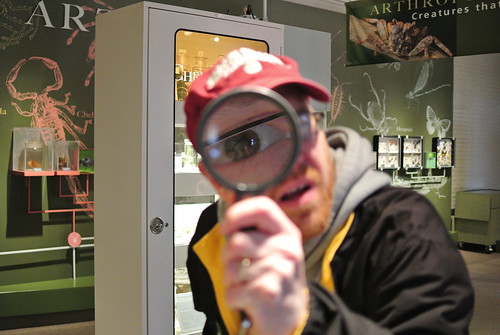
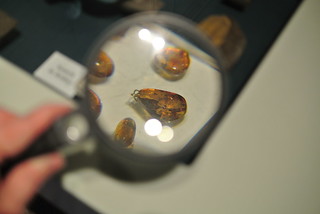
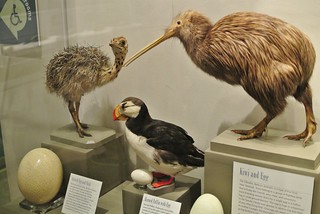
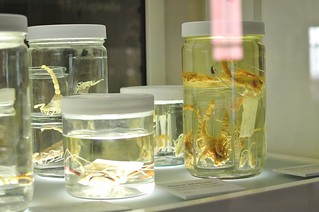
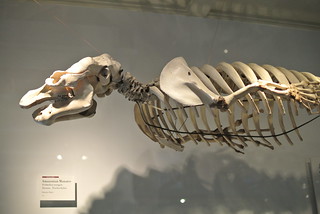
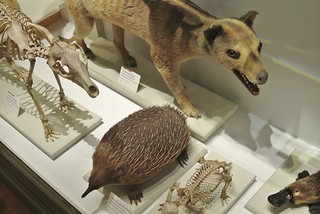
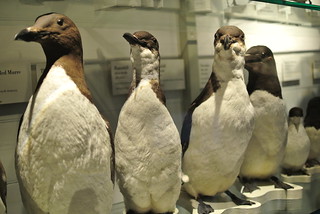
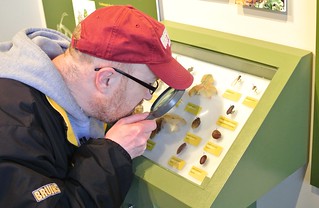
Apr 23, 2017 at 1:16 pm
Interesting post. Hope you are feeling better with every passing day.
LikeLiked by 1 person
Apr 24, 2017 at 11:39 am
My great-great-great uncle died of tetanus — at least that’s what we think it was. Perhaps septicemia. The story is that he went hunting and got injured by a thorn. Can you imagine? Thank goodness for modern asthma meds and other pharmaceuticals, too! Is the pharmaceutical industry flawed? Profit hungry? Absolutely. But they also do a heck of a lot of good.
LikeLiked by 1 person